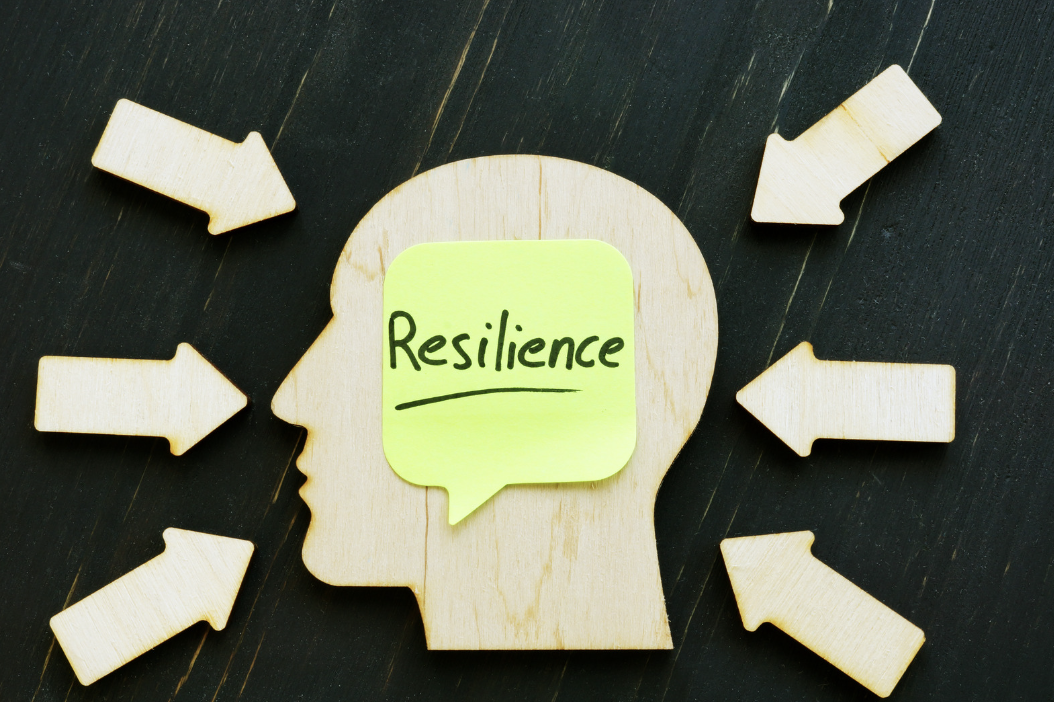If there’s one muscle that all of us must train, it is ‘resilience’ – the ability to endure adversity and survive complex life events. From health scares to natural disasters, we can develop resilience at any age.
Every moment we experience stress, we strengthen our muscles to withstand the pressure. In what ways can we practice this and not wait for the stressful moment to arrive?
1. Accept the worst possible outcome.
The most common reaction we have about making decisions is to choose the path of least resistance. Avoiding terrible outcomes is just how we’ve been trained growing up. But when we can accept any outcome, this is a sign that we have become truly resilient. This also signals that we are not paralyzed by fear and can make more precise decisions when we accept reality.
2. Believe in the best possible outcome.
Even if we can accept the worst possible outcome, we should strive toward our goal and the outcome we want. Murphy’s Law states that “anything that can go wrong, will go wrong” and remains a good adage to remember. But this shouldn’t stop us from preparing that vision board or dreaming of the best outcome. Sometimes, it might be the only reason to help us get up in the morning. Developing that vision of where we want to go will help us make the clear decisions we wish for ourselves.
3. Be generous to ourselves.
Usually, we are generous to others in our community because we put their needs above our own. But we can add value by improving ourselves and making sure we are free from stress so that we can give ourselves more to others.
To take full responsibility for the reality we want, we must accept that we are our best supporters and advocates. Realizing our desires, from the simple things to the bigger things that scare us, starts with being kind and generous to ourselves. Although our dream job or ideal life may not look similar to others, we are pushing back and training ourselves to work hard and be resilient.
4. Movement helps balance our mind and body.
Our body is made up of chemicals that control our emotional states, carry our energy responsible for our physical abilities, and have millions of neurons that make it possible for our talent and wisdom to shine through. Movement helps our body withstand the outside pressure, helping our brains function as they are supposed to in times of crisis and turbulence.
Final note
Keeping an open mind when difficult situations occur isn’t always easy. Resilience can be taught, but each of us will have our preferred ways of learning. Whether through self-learning or engaging a life coach, our self-improvement goal isn’t a destination – it’s a journey.

